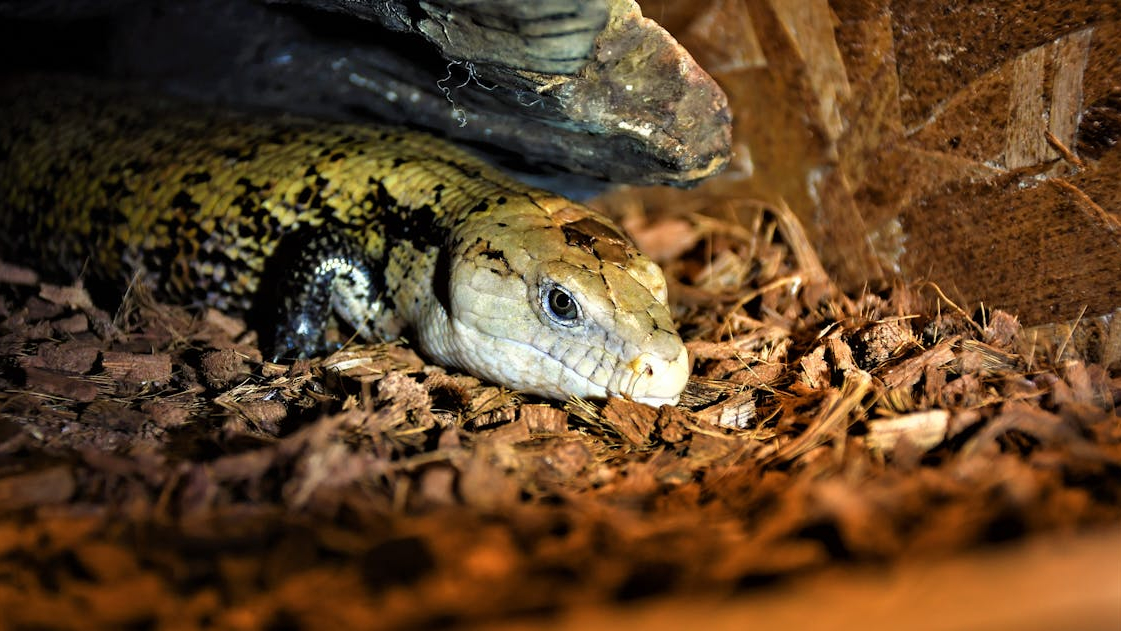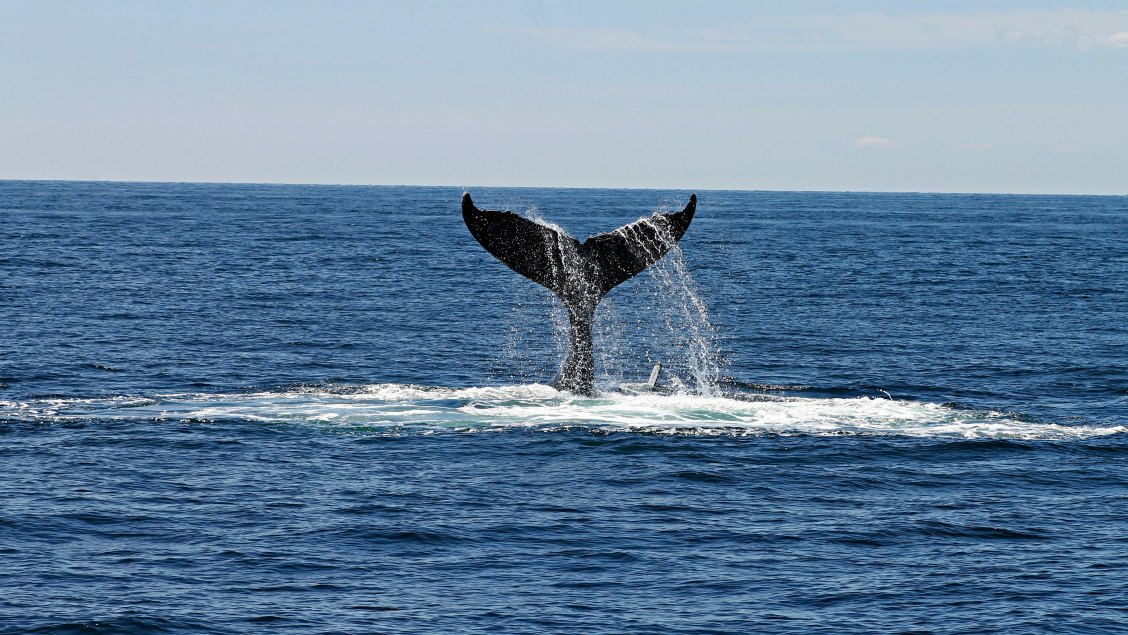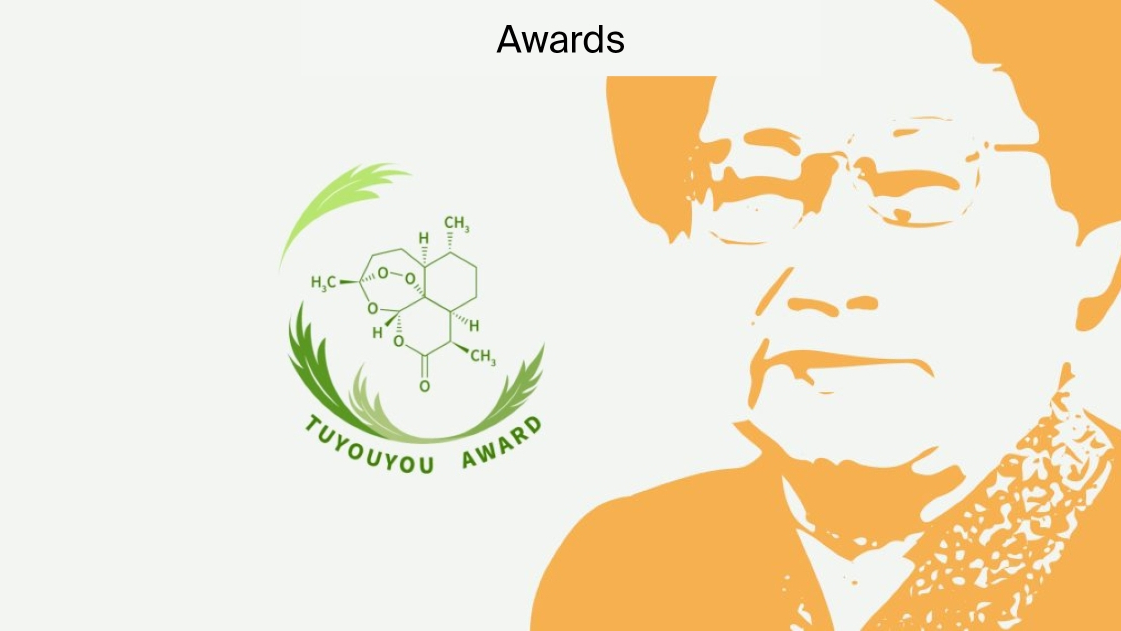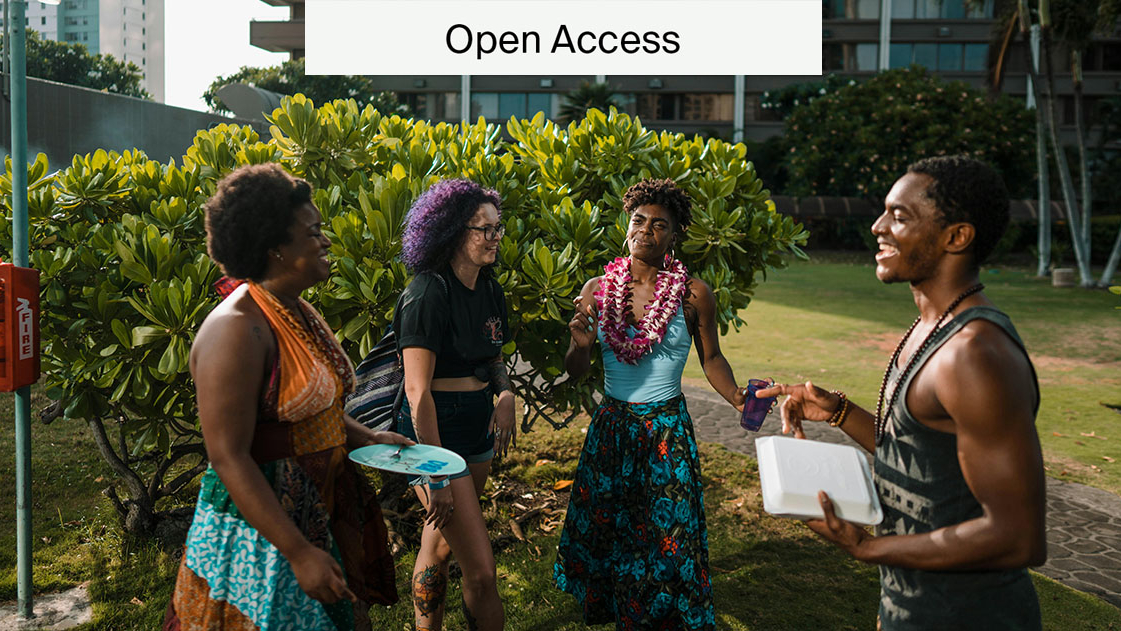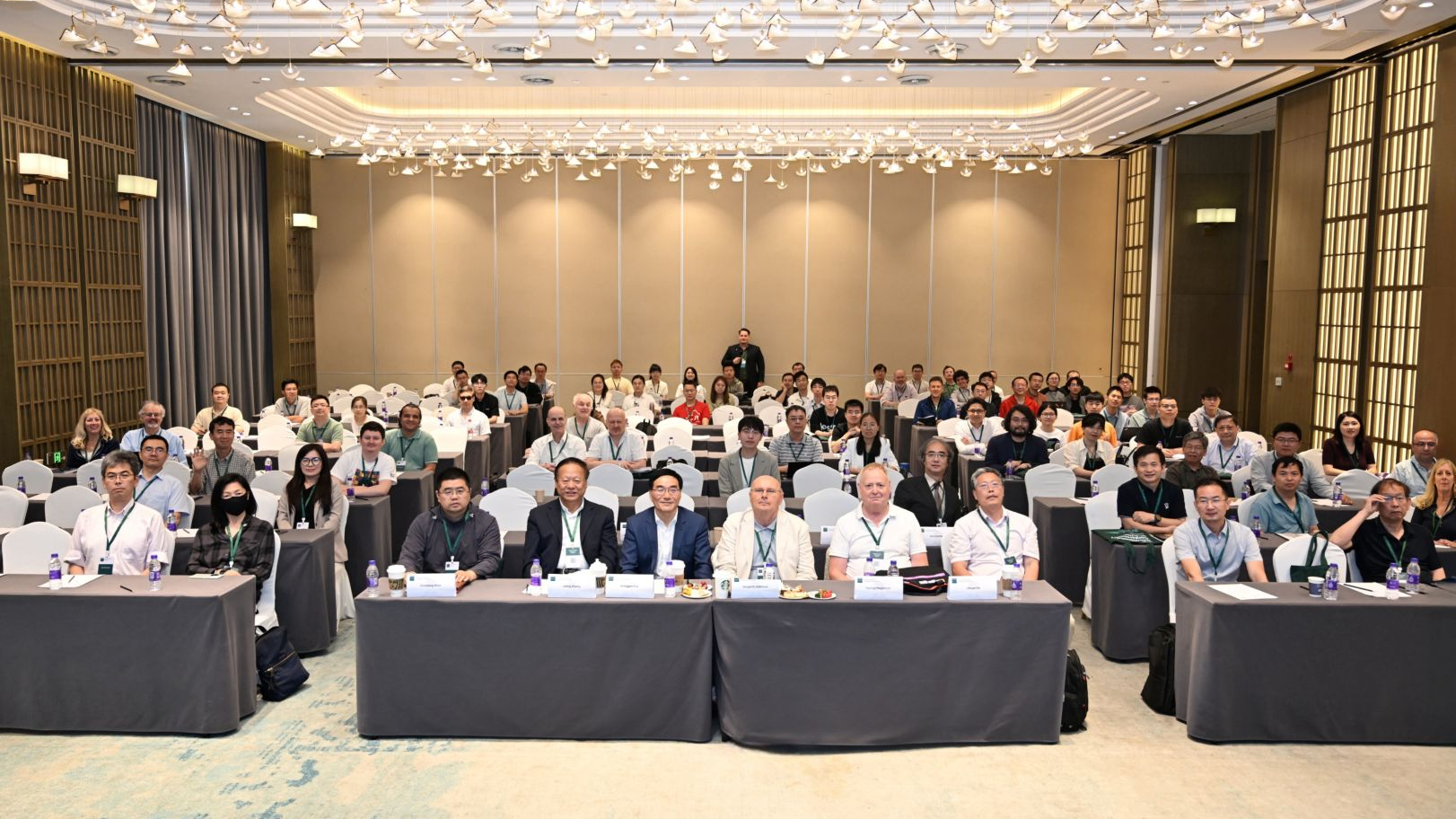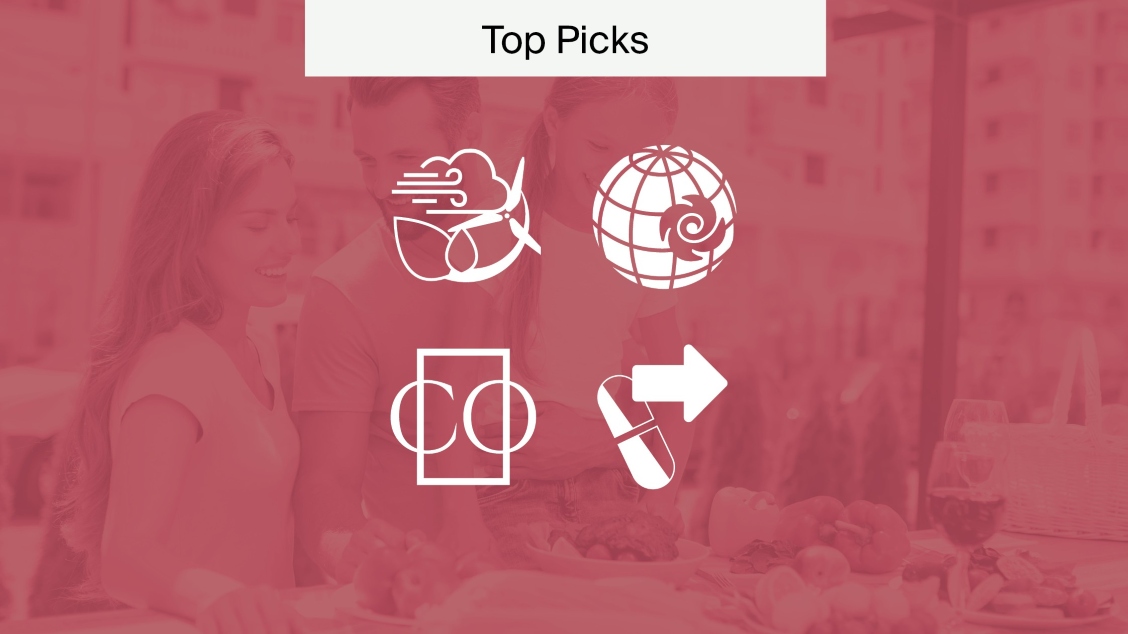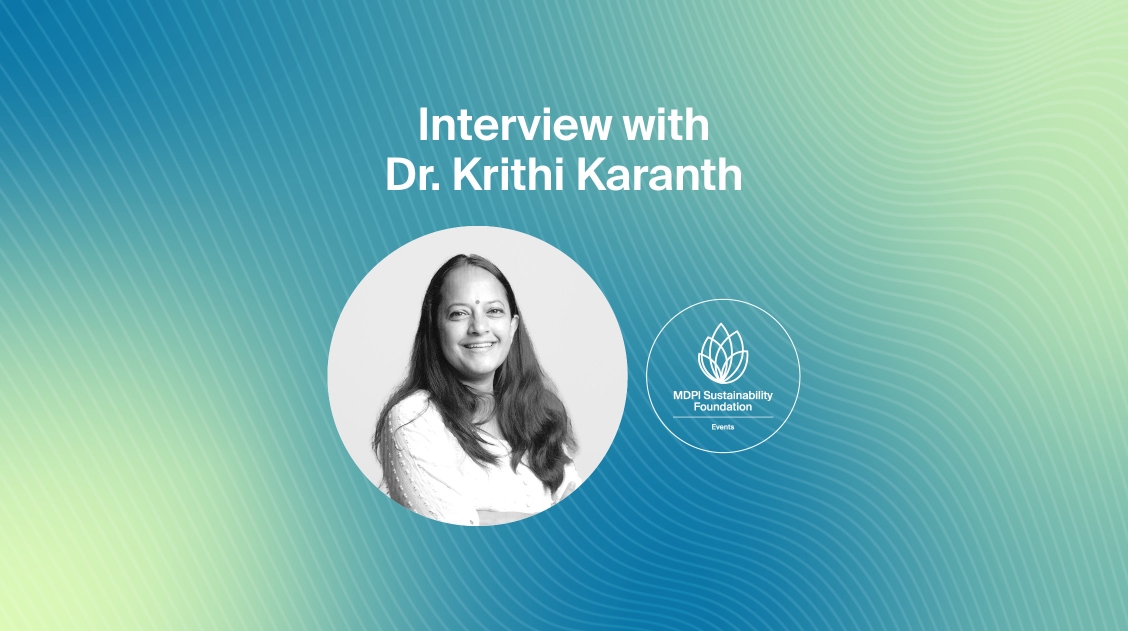
Interview With 2023 Sustainability Awardee Dr Krithi K. Karanth
Due to her outstanding work in the field of conservation, Dr Krithi K. Karanth has been awarded third place in the 2023 World Sustainability Awards. In this article, we’ll elaborate on how Dr Karanth’s on-the-ground work has helped to advance the Sustainable Development Goals in the context of wildlife conservation practices in India.
The awards ceremony for the 2023 World Sustainability Awards will take place on 14th September 2023 during the 10th World Sustainability Forum. Here, you’ll be able to hear Dr Karanth speak on the work she’s doing to support human–wildlife conflict management.
In interviewing Dr Karanth, we learnt more about the research she is doing at the “intersection of science, conservation, and education” and the four projects she’s designed to implement her findings.
Becoming a conservation scientist
Dr Karanth spent much of her childhood, from the age of 1, exploring the jungle with her father, who was a tiger biologist.
However, she wasn’t set on building her career in conservation until she was about 22, when she worked at the Bhadra Wildlife Sanctuary. There, she became acutely aware of the human impact on the park, particularly tiger hunting, and the importance of “land use, sustainable economies, and research” in conservation practices.
Additionally, for her PhD from the Duke University Nichols School of the Environment, she searched historic hunting journals and interviewed Indian wildlife scientists to build a database that documented declining wildlife populations in India. At Duke, she also gained teaching experience that would influence her approach to conservation.
Dr Karanth’s unique approach to conservation
Dr Karanth has contributed significantly to research on wildlife conservation in India. Although seeing her name on a piece of scholarly research, which she’s published much of, is important to her, she’s “happier knowing [she’s] helping families and inspiring people”. This is the central principle of her work: “not science for science’s sake”, but “actionable conservation on the ground”.
Some of the key themes that emerge when looking at human‒wildlife relationships within conservation include threats to human communities and what this can mean for wildlife populations.
Threats to humans include animals damaging livestock, crops, and property, which can plunge vulnerable communities into poverty and food scarcity. In response, retaliative threats to animals include traps and hunting, spurring population decline.
Dr Karanth’s work, within this context, looks “for ways to pre-emptively help people manage wildlife relations”.
However, Dr Karanth notes that “there is not one problem that exists. There are many issues we need to deal with. It’s complex”. This is the starting point of her work with the Centre for Wildlife Studies.
Projects and initiatives
Dr Karanth is the Executive Director and Chief Conservation Scientist for the Centre for Wildlife Studies. Here, she has helped launch four projects that aim to mitigate and “understand the patterns of conflict that might emerge” between people and wildlife.
Wild Seve
The Indian government offers compensation for people, most often farmers, who experience destructive wildlife encounters. However, this is an “arduous and expensive legal process”.
Through Wild Seve, Dr Karanth has set up a free toll number for farmers to request her team members to ride out, document the incident, and file a claim for government compensation. Thus, she enables people to use their cell phones, technology that is ubiquitous in India, to report encounters and problems with wildlife and increase governmental responsiveness. She describes how “it’s basic tech, but it’s important tech”.
Alongside this, the calls provide her team with live data on incidents, and they help to build livestock sheds and inform farmers coping with proximity to wildlife.
The World Sustainability Award looks for “novel, innovative, and real-life applications”. Dr Karanth comments on how “Wild Seve has helped 11,000 families and helped to file 230,000 claims. It has been expanded to 12 parks, and there are further plans to expand to South India”.
The project is an outstanding success thanks to the hard work of its members. It has built trust by responding to 100% of the calls and making life easier for people.
Wild Shaale
In the Indian school curriculum, children are taught to identify animals from all over the world, including kangaroos and giraffes. However, they are not taught about those native to their surroundings.
Wild Shaale is a four-module program designed in partnership with National Geographic for children aged 10‒13. It is taught in seven different languages across India. Essentially, it uses “experiential learning” to get kids excited about and aware of the wildlife around them, “helping them to understand the wildlife reserves they grow up next to”.
The World Sustainability Award looks for researchers who address the UN’s Sustainable Development Goals (SDGs). Wild Shaale specifically addresses two SDGs: to “protect, restore and promote sustainable use of terrestrial ecosystems” and “ensure inclusive and equitable education”.
The project indiscriminately promotes “knowledge and literacy, of course, but also empathy and connectedness with [the] environment”. Dr Karanth notes that the “designed approach can be adapted internationally wherever large animals come into close contact with children”.
Wild Surakshe
The COVID-19 pandemic presented a challenge to Dr Karanth’s on-the-ground, face-to-face work. In response, she collaboratively designed an education program for adults and constructed a network of 35,000 staff.
In 2020, Wild Surakshe was launched to deliver public health and training workshops in five states around 69 wildlife reserves of the Western Ghats. The workshops focus on preventing wildlife-related disease transmission and accidental wildlife encounters, developing safety measures, and demonstrating how to access emergency service providers.
Training and mobilising huge numbers of volunteers enables and supports an entirely new generation of sustainability practitioners outside of her formal conservation circles.
Wild Carbon
India is being rapidly urbanised, and its wildlife is being increasingly fragmented into shrinking habitats with high human‒wildlife conflict.
Dr Karanth’s most recent project, Wild Carbon, will “assist famers in transitioning their land from agriculture to carbon-sequestering agroforests in places where the benefits can outweigh the costs”.
The project aims to incentivise farmers to set away a portion of land for trees, “which will help to create a buffer space between human settlements and wildlife reserves while creating a habitat for smaller animals”. Her team provides native medicinal and fruit saplings and long-term timber species to these farms. They are currently partnered with 10,000 farms to implement the program.
Wild Carbon is at the intersection of all three sustainability pillars: social, economic, and environmental. It seeks to incorporate environmental protection into the livelihoods of farmers whilst mitigating wildlife conflicts.
Leading sustainability
These projects demonstrate Dr Karanth’s commitment to advancing sustainability and doing so by “using cutting-edge technologies on the ground”. This works because she stays in touch with community needs, local aspirations, and resource-focused approaches and finds inspiration in the people she helps.
As such, she comments: “I will be continuing to codesign projects at the intersection of science, conservation, and education”, and that she is “excited to see the qualitative results of her projects”.
When asked about the award, she described how she hopes it will “promote greater European interest in the Wild programs” and help to further “promote the importance of this kind of work in communities where interactions with large animals are commonplace”.
World Sustainability Forum 2023
Dr Karanth will be presenting her work on sustainability during the Award Ceremony, which will be held on 14th September 2023 during the 10th World Sustainability Forum (WSF2023).
WSF2023 is a 24-hour hybrid event taking place in Singapore, Basel, and Toronto. You can learn more about WSF here. The Ceremony will be held in the Basel Hub in Switzerland. Those of you wishing to attend the Award Ceremony and to hear Dr Karanth speak about her work can do so by registering for the WSF2023.

